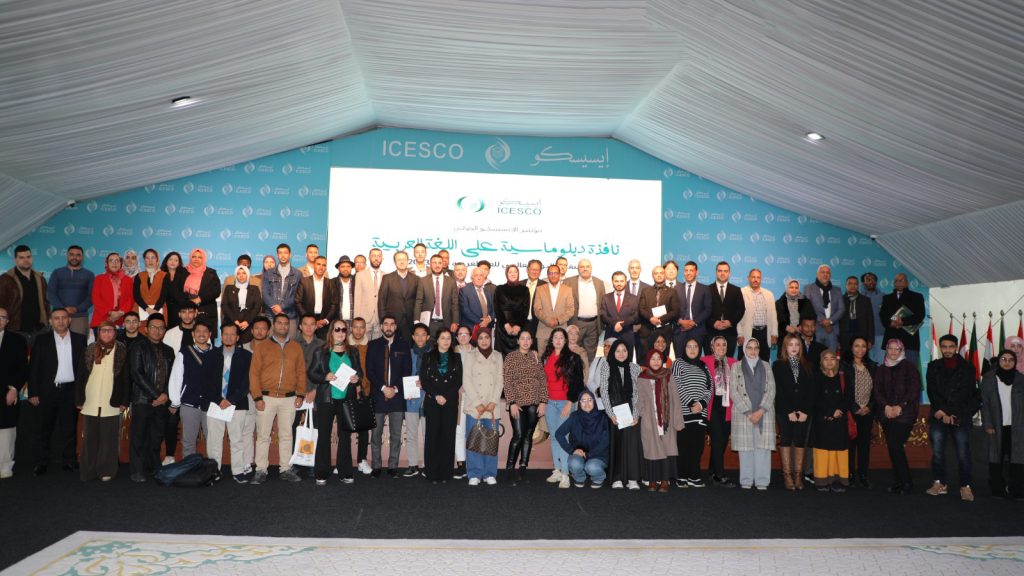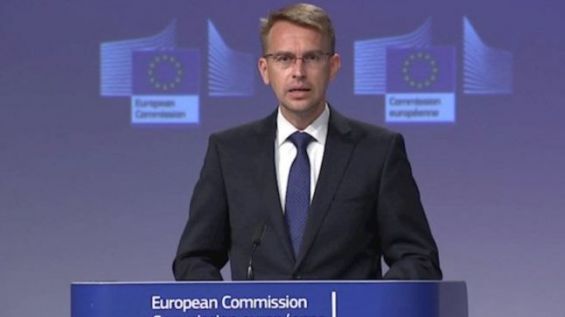Moroccan Mohamed Zaouin, from Souss-Massa’s Education and Training Academy, stands among the winners of the competition organized by the Islamic World Educational, Scientific, and Cultural Organization (ICESCO) for young people in the creation of digital content for learning Arabic.
Zaouin, honored for his smartphone app Boustan Al Arabia, secured the third position in this competition, whose results were announced earlier this week. The first and second spots went respectively to Turkish “International Open Arabic Platform”, and Kuwaiti application Shorouk Library App.
The three winners were selected by a specialized committee of experts in the fields of computational linguistics, software, and teaching Arabic to non-Arabic speakers.
The awards were handed over to the winners by the Director-General of ICESCO, Salim Mohamed Al-Malik, on the sidelines of the international conference themed “A Diplomatic Window on the Arabic Language,” organized by ICESCO on the occasion of the International Day of the Arabic Language.
In an address during the conference, the ICESCO chief stated that the event is held at the end of a year full of achievements and initiatives, including the leading initiative to coin the concept of civilizational diplomacy, and that language communication is one of the pillars of the civilizational diplomacy ICESCO seeks to anchor.
He added that the creative contributions of the Arabic language in computer and digital applications remain scarce, noting that foresight studies indicate that Arabic can score more outreach on the global linguistic scene, which calls for granting more attention to strategic linguistic planning to disseminate Arabic and consolidate its global status.
The ICESCO Youth Contest for the creation of digital content and Arabic learning, held as part of its Year for Youth, was overseen by the ICESCO Center for the Arabic Language for non-Arabic speakers.
This competition aims to encourage digital creativity and innovation in the Arabic language, support young talents, and allow them to showcase their creative abilities in the production and design of electronic programs, educational applications, platforms, and advanced content for teaching Arabic to non-Arabic speakers.



